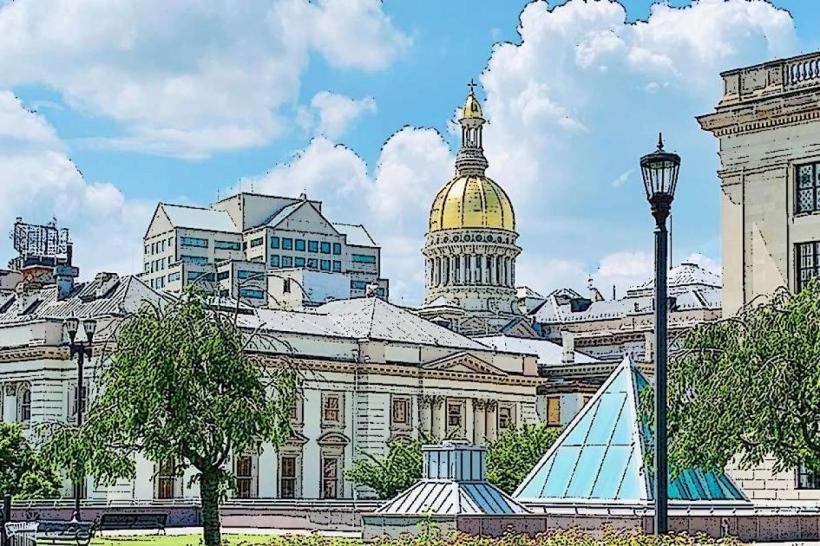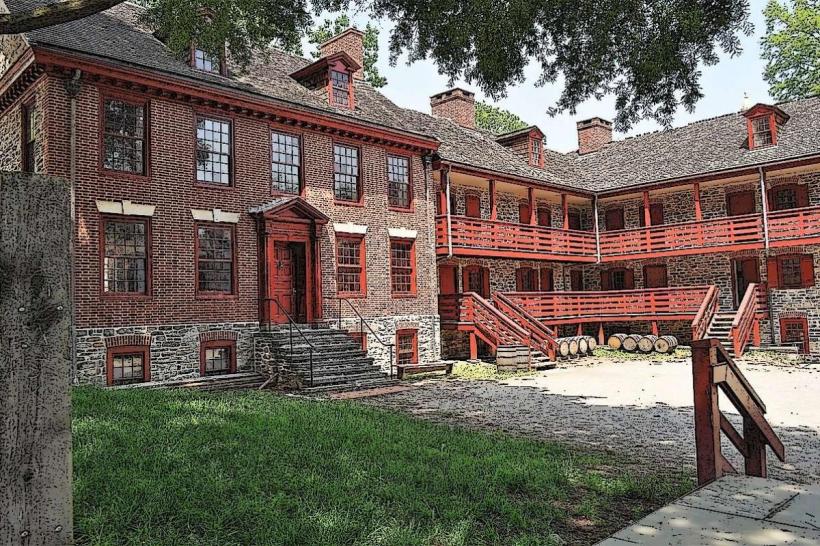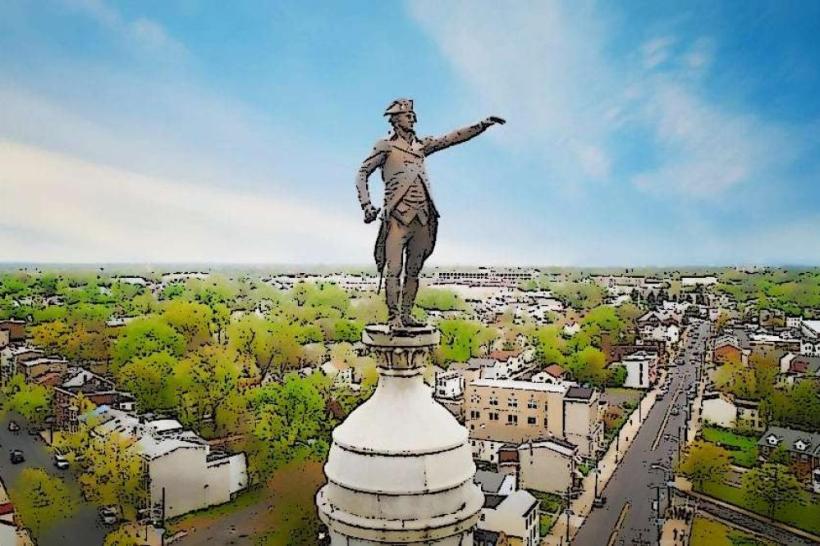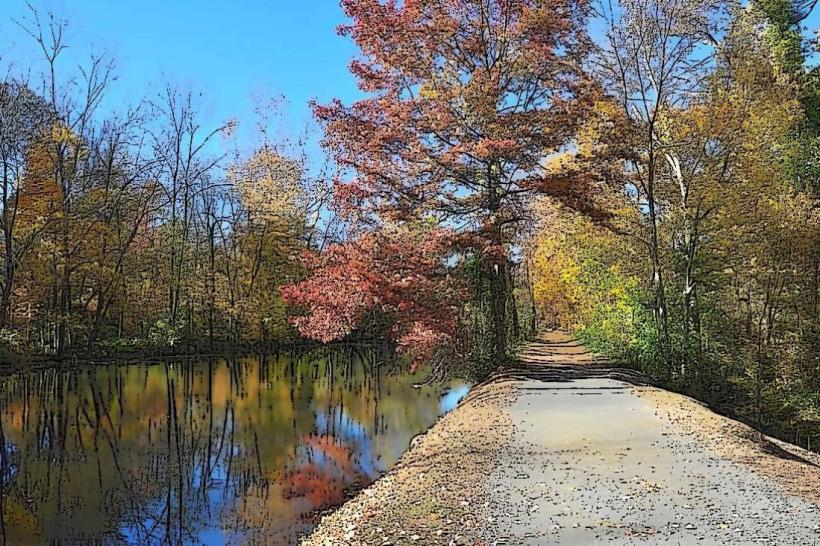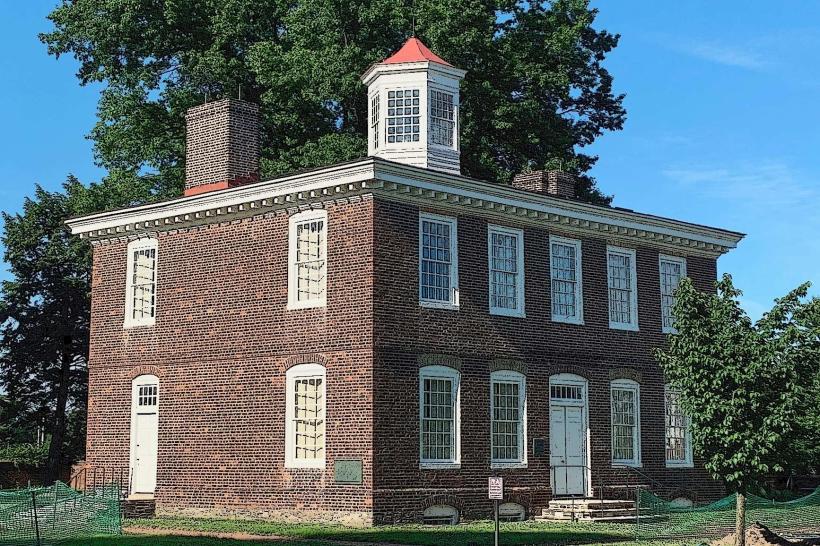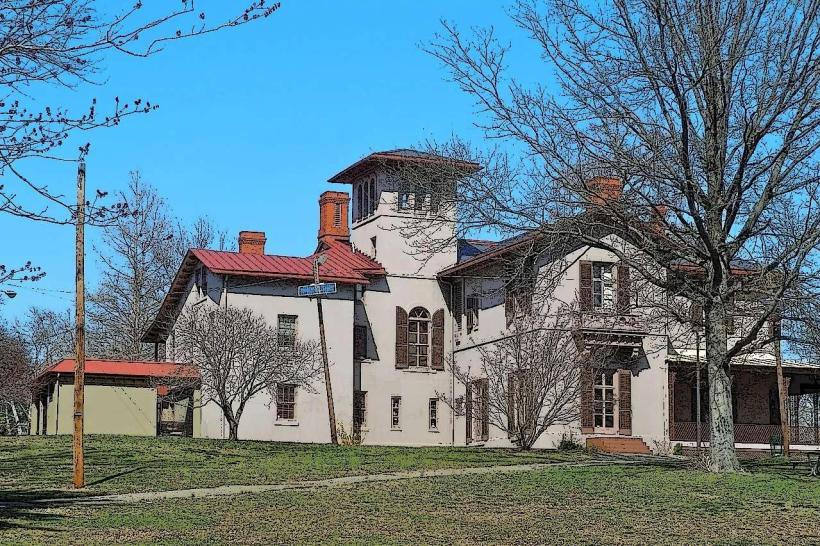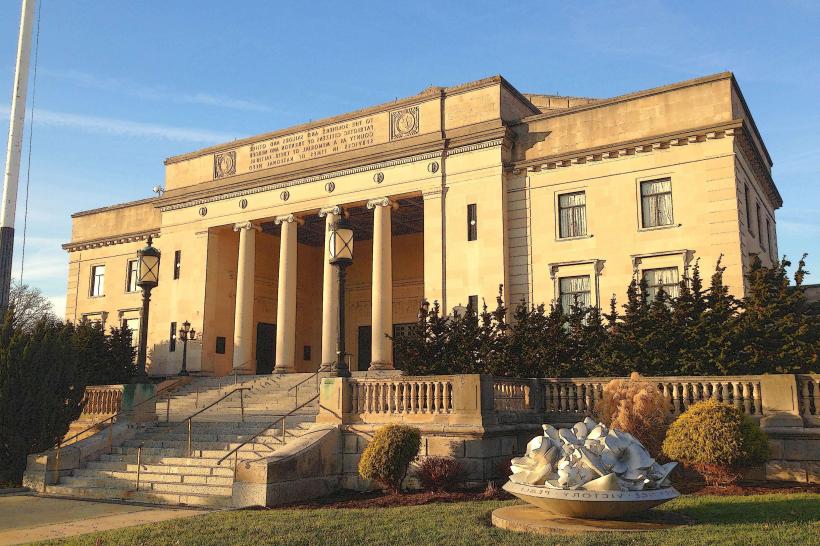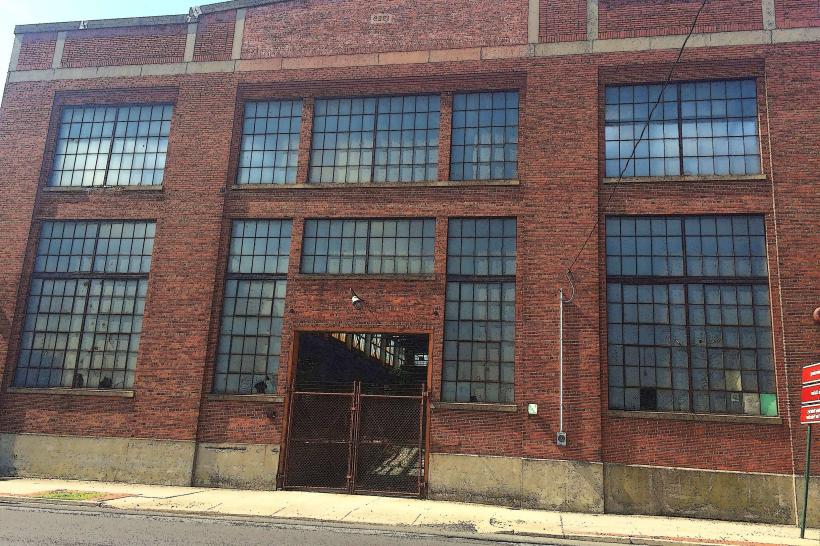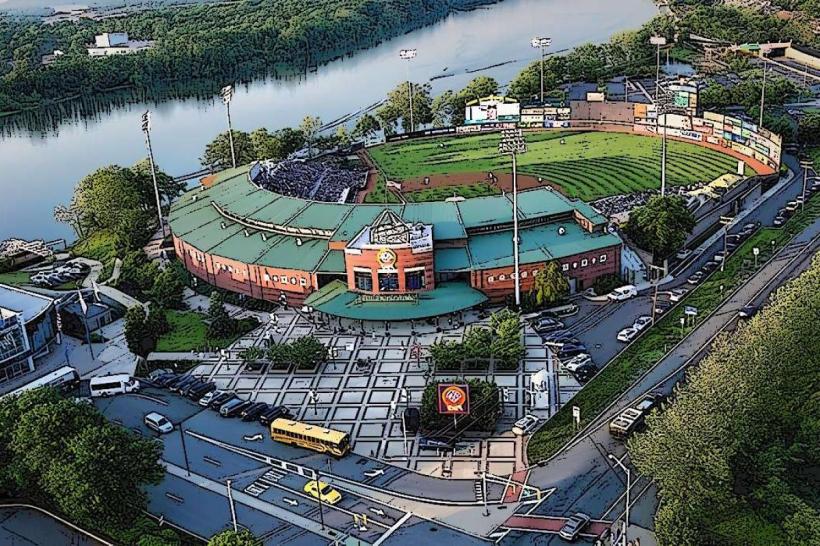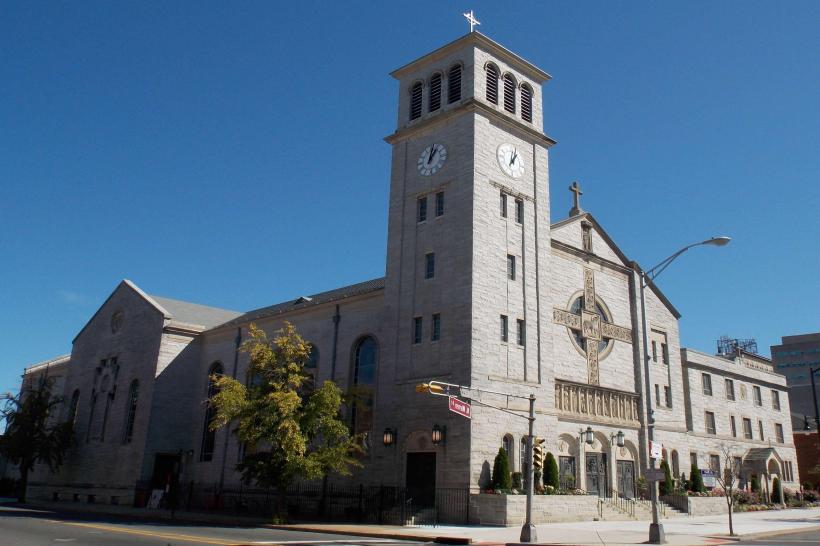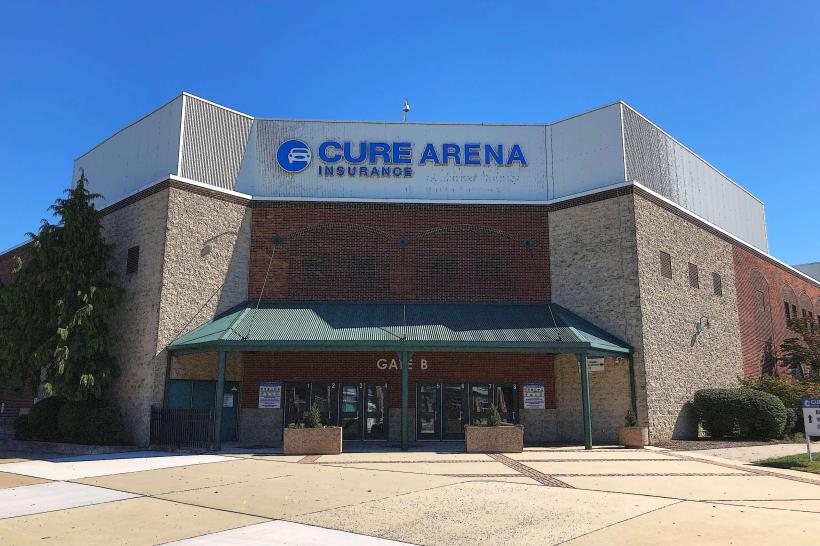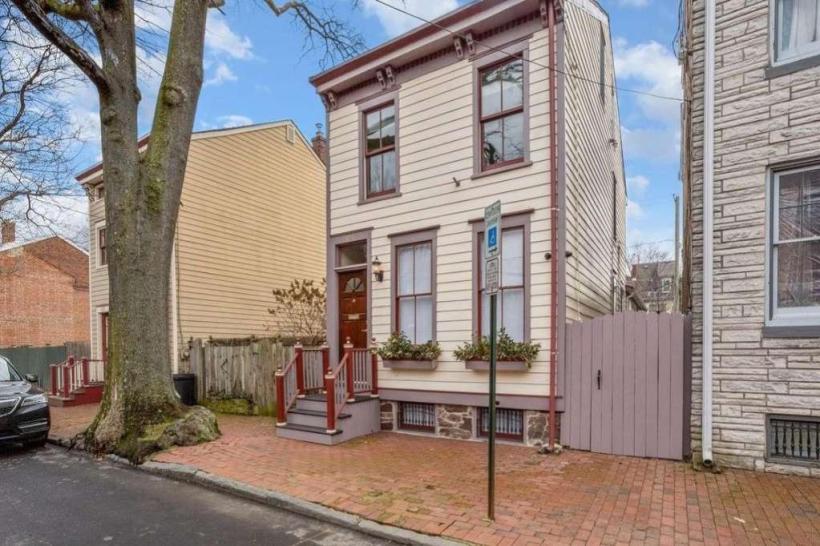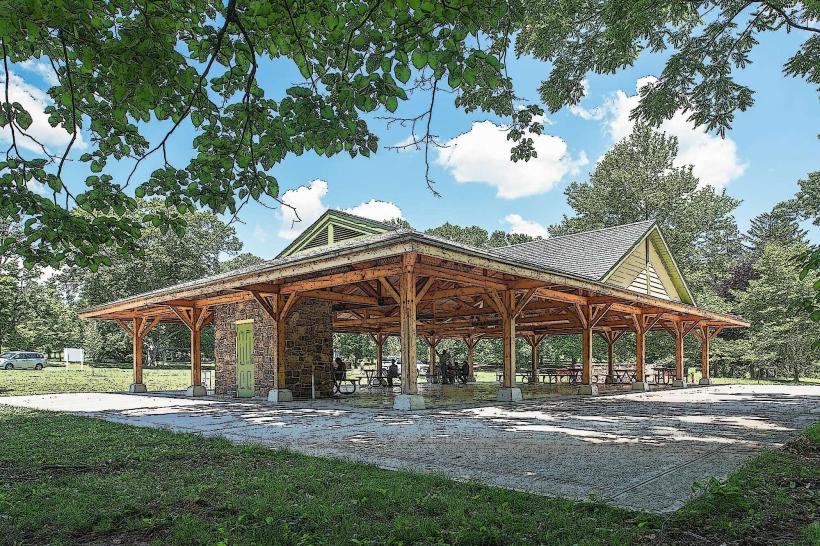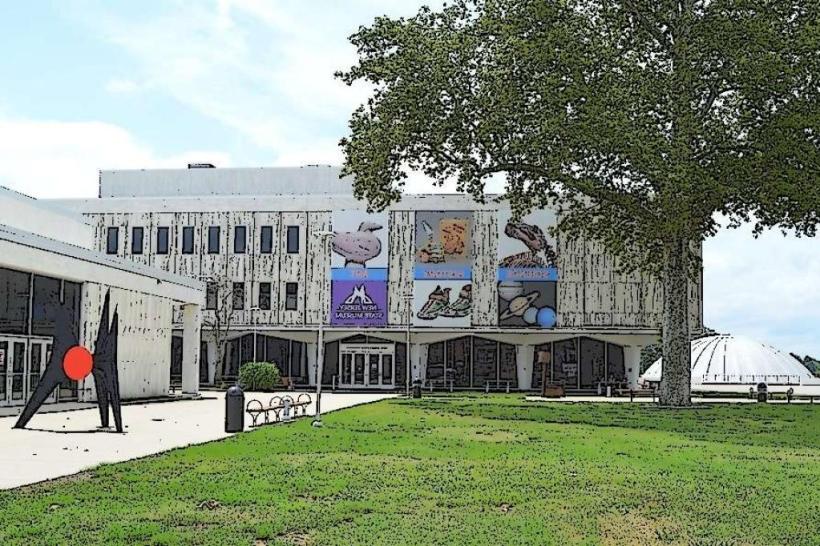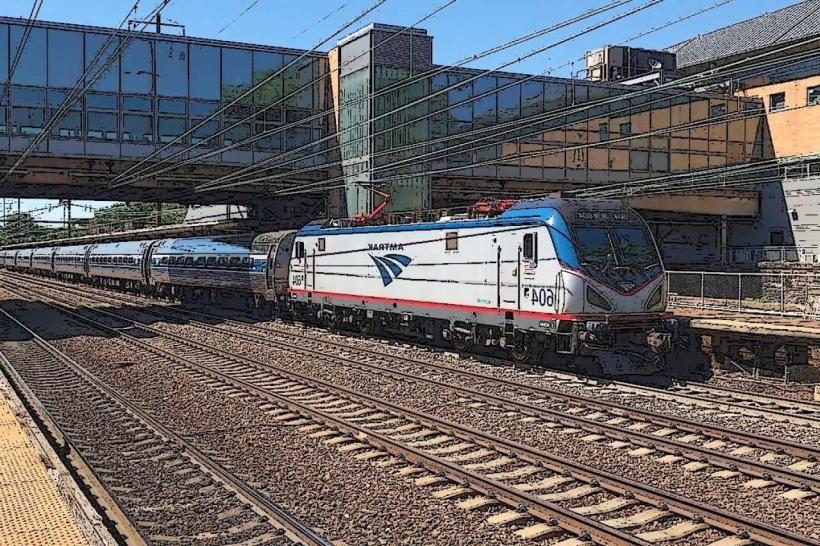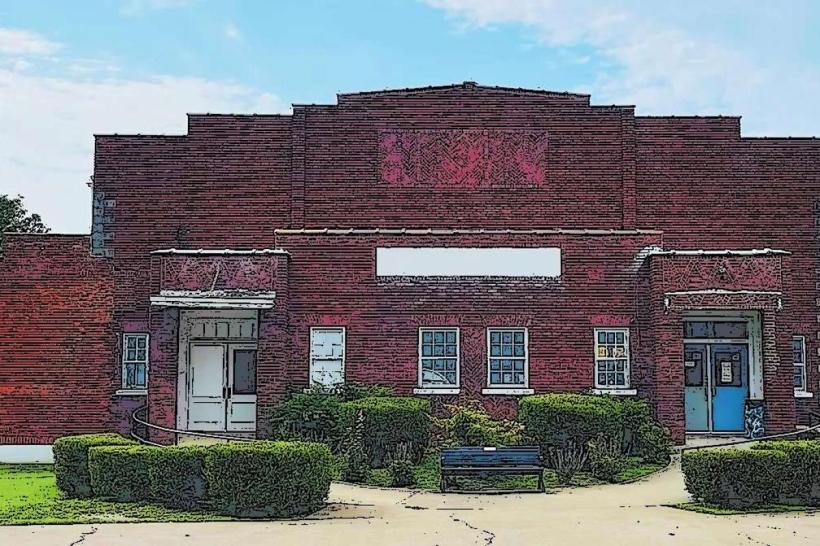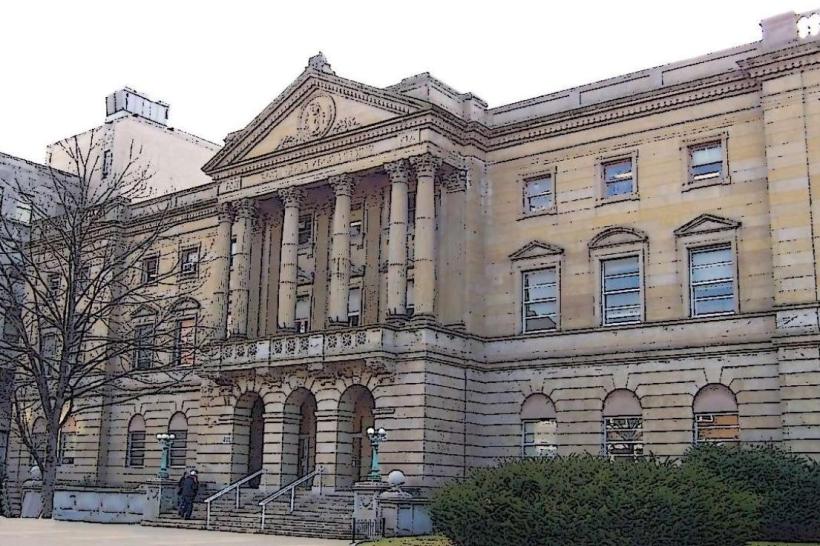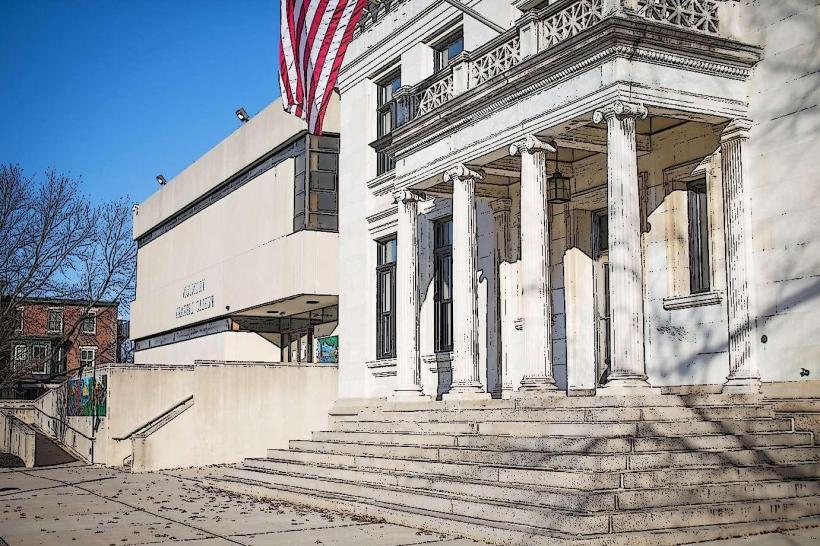Information
City: TrentonCountry: USA New Jersey
Continent: North America
Trenton, USA New Jersey, North America
Trenton, the capital city of New Jersey, holds a central place both politically and historically within the state. Situated in Mercer County along the western bank of the Delaware River, Trenton lies approximately 33 miles southwest of New York City and 58 miles northeast of Philadelphia, making it a strategic location in the Northeast corridor.
Historical Significance
Trenton’s historical importance is highlighted by its pivotal role during the American Revolutionary War. On December 26, 1776, General George Washington famously crossed the icy Delaware River and launched a surprise attack on Hessian forces stationed in Trenton. This daring maneuver, known as the Battle of Trenton, was a critical turning point in the war, boosting the morale of the Continental Army and invigorating the revolutionary cause.
The city was incorporated in 1792 and became the state capital in 1790, moving the capital from Perth Amboy. Over the 19th and 20th centuries, Trenton emerged as a major industrial hub, gaining national recognition for manufacturing, particularly in pottery, ceramics, and steel production. This industrial prominence earned the city the slogan “Trenton Makes, The World Takes,” famously displayed on the Lower Trenton Bridge, symbolizing its global industrial impact.
Government and Political Role
As the seat of New Jersey’s state government, Trenton hosts the New Jersey State House, one of the oldest state capitols in continuous use in the United States. The State House complex includes the governor’s office, the legislature’s chambers, and key administrative offices. The city is also home to various state agencies and courts, reinforcing its role as the administrative heart of New Jersey.
Economy and Urban Development
Trenton’s economy has shifted from its manufacturing roots toward a more service-oriented structure. Today, government services, education, healthcare, and retail form key components of the local economy. Efforts to revitalize the downtown area have focused on improving infrastructure, encouraging business development, and preserving historic sites.
Educational institutions such as Thomas Edison State University and Mercer County Community College contribute to the city’s workforce development and cultural life. The city also benefits from initiatives aimed at fostering entrepreneurship and small business growth.
Demographics and Culture
Trenton is characterized by a diverse population, with significant African American, Hispanic, and immigrant communities enriching the city’s cultural fabric. This diversity is reflected in a variety of cultural events, festivals, and community programs. Trenton hosts numerous arts organizations, theaters, and galleries, contributing to a vibrant local arts scene.
The city’s culinary landscape is equally varied, offering a wide range of international cuisines influenced by its multicultural population. Community centers and cultural institutions provide spaces for social engagement and celebrate Trenton’s heritage.
Transportation and Connectivity
Trenton is a transportation hub within the Northeast, boasting robust rail, road, and bus connections. The city is served by Amtrak’s Northeast Corridor, offering high-speed rail service linking Trenton with New York City, Philadelphia, Washington D.C., and beyond. New Jersey Transit provides commuter rail and bus services that connect Trenton to surrounding communities.
Major highways such as Interstate 95 (part of the New Jersey Turnpike), U.S. Route 1, and Interstate 295 provide vital road access. The city’s location along these corridors supports both commuter traffic and freight movement, reinforcing its strategic importance.
Climate and Environment
Trenton experiences a humid subtropical climate with four distinct seasons. Summers are typically warm and humid, with average highs in the mid-80s Fahrenheit (around 29°C), while winters are cold and sometimes snowy, with average lows in the mid-20s Fahrenheit (-4 to -5°C). Spring and fall bring moderate temperatures and vibrant seasonal changes, offering residents opportunities to enjoy outdoor activities in the city’s parks and riverfront areas.
Community and Quality of Life
Trenton balances its historical heritage with ongoing efforts toward urban renewal and community development. The city features numerous parks, recreational facilities, and historic districts. The Delaware and Raritan Canal State Park, nearby, offers trails for hiking, biking, and boating, enhancing outdoor recreational options.
The city faces challenges common to many older urban centers, such as economic redevelopment and infrastructure improvement, but continues to pursue initiatives aimed at enhancing quality of life and fostering economic opportunity for its residents.
Summary
Trenton stands as a city of profound historical significance and contemporary relevance. As New Jersey’s capital, it plays a vital role in governance, administration, and regional connectivity. Its rich cultural diversity, evolving economy, and strategic location within the Northeast corridor position Trenton as both a historical landmark and a dynamic urban center working toward revitalization and growth.

